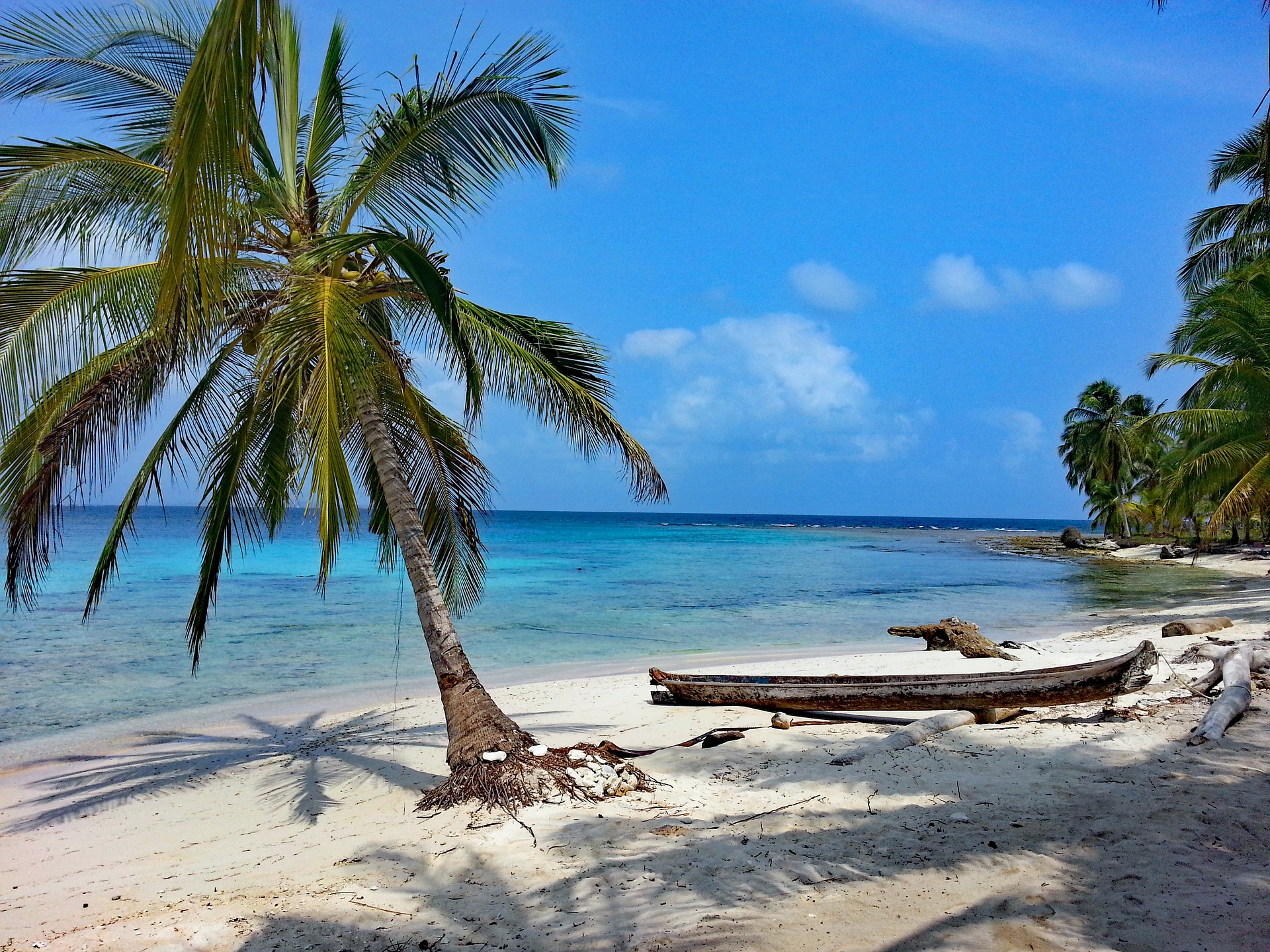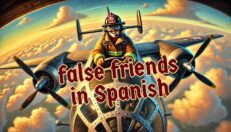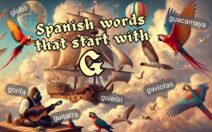Panamanian Slang: 16 Spanish Words That Only Make Sense In Panama

Get our free email course, Shortcut to Conversational.
Have conversations faster, understand people when they speak fast, and other tested tips to learn faster.
More infoWhether it’s visiting a well-known canal in the city, heading to the Pacific coast for surfing, or doing to San Blas tour (see above image), what better way to surprise the locals and make friends in Panama than by knowing some local Panamanian slang.
In this post, we cover common Spanish slang words that Panamanians use on a regular basis, but probably won’t be understood anywhere else.
Sidenote: This post on Panamanian slang is the latest in a series of posts that slang from Spanish speaking countries.
You can read more posts from our slang series here:
- Colombian slang
- Mexican slang
- Venezuelan slang
- Chilean slang
- Argentine slang
- Uruguayan slang
- Guatemalan slang
- Cuban slang
- Honduran slang
- Bolivian slang
- Ecuadorian slang
- Nicaraguan Slang
But now, it’s time to review 16 of the most commonly used Panamanian slang that are unique to this country.
1) ¿Qué xopá?
Panamanians love to change the order of words, and xopá (pronounce it as if it were sopá) is a word game that means “pasó”. So, ¿qué xopá? (¿Que pasó?) means “what’s up?”
- ¿Qué xopá loco? – What’s up bro?
2) Ahuevao
Panamanian slang for stupid or very dumb.
- Presta atención, ¿estás ahuevado? – Pay attention, are you dumb?
3) Arranque
In Panama, you don’t go to a “fiesta”, instead use this slang term for a big party.
- Vámonos de arranque – Let’s go party
4) Arroz con mango
“Rice with mango” sounds really…. bad, uh? However, this is actually Panamanian slang used to describe a fight, or a huge problem somewhere.
- Se formó un arroz con mango en mi trabajo ayer – There was a big fight in my work yesterday
5) ¡Ayala vida!
Another very common and widely used phrase to express surprise, amazement, misfortune – actually, it can be used for almost anything.
- ¡Ayala vida! Olvidé mi cartera – ¡Oh gosh! I forgot my wallet
6) Birria
Birria is a slang term for playing a sport, or video game, but can also be used for gambling.
- Vamos a birria fútbol – Let’s play soccer
7) Chicha e piña
“Chicha” is a fermented drink, made with pineapple or with fermented rice, that is very easy to make. So chicha e piña is Panamanian Slang for something that is very easy to do. Similar to “a piece of cake” phrase in English.
- Ese examen estaba como chicha e piña – The exam was a piece of cake
8) Chifear
Leaving someone out of a plan, or ignoring them is known as chifear.
- Anoche me chifearon, estoy molesta con ustedes – Last night you ignored me, I’m upset with you
9) Chonta
A funny Panamanian slang word for your head.
- Tengo mucho dolor en la chonta – I have a terrible headache
10) Frenes
From the English word friends, and that’s exactly what it means: friends
- Hola Fren, ¿cómo estás? – Hi friends, how are you?
11) Juma
Perhaps you go to a arranque with your Panamanian frenes, and after too many beers, you end up…that’s right….juma (aka drunk).
- Mi fren salió con una gran juma de la fiesta – My friend came out really drunk from the party
12) Meter un bate
This Panamanian slang expression translates directly as “to hit with a bat” but is used when someone gives you a really bad excuse, and yet you still believe it.
- El llegó tarde a trabajar, y le metió un bate al jefe – He was late to work, and he gave a bad excuse to the boss
13) Millo
Gotta love the different names for popcorn in Latin America. In Panama, it’s millo.
- Lo que más me gusta de ir al cine es comer millo – What I like the most of going to the movies, is eating popcorn
14) Ofi
You might not believe this one… but ofi is actually ¡OK!
(why don’t they just say ok?)
- Ofi, entendido – Ok, understood
15) Parkin
Looks like parking, sounds like parking, but it’s nothing to do with parking.
Parkin is Panamanian slang for a party among friends
- Me voy a parkear con los frenes – I’m gonna party with my friends
16) Yeyé
Oh that person over there? He is high-class, which means he’s yeyé
- Había una fiesta de puros yeyés en el hotel – There was a party of high society people at the hotel



